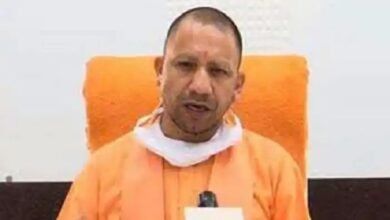[ad_1]
After a week of high-decibel declarations, pledges and speeches, Conference of the Parties (COP28) climate meeting entered the second week of negotiations Thursday with all the key issues pending to be resolved.
So far, there has been only one draft on the Global Stocktake (GST), the review exercise mandated by the 2015 Paris Agreement to be carried out this year, which is the most important agenda of this meeting. The GST is meant to decide on the enhanced climate actions to be taken henceforth to make up for the lack of adequate effort till now.
It is under this GST that all the contentious issues — fossil fuel phase-out, renewable energy tripling, methane emission reductions and several others — are all supposed to be discussed. As of now, there were wide divergence in the positions of countries on each of these issues. Though Thursday is officially an off day, negotiators will continue to work informally, and a new draft is expected on Friday. Ministerial interventions are expected to be sought immediately thereafter to resolve the key differences.
Hosts UAE managed to get a few things moving in the first week, the most important of them being the operationalisation and initial capitalisation of the Loss and Damage Fund that is meant to help developing countries recover from climate disasters. UAE has also been making a big deal of the nine pledges that have been made so far on different issues, including one on tripling of global renewable energy capacity by 2030, and another on climate change and health. These pledges are voluntary associations of countries and do not have any legal sanctity. Such pledges at previous COPs have not had much impact in accelerating the pace of climate action.
But UAE has had some more concrete success in mobilising money for different climate-related purposes. At least US$ 83 billion has been promised in the first week, including a US$ 30 billion private investment vehicle unveiled UAE for financing a “new climate economy” that aims to mobilise US$ 250 billion in investments by 2030.
Importantly, US$ 3.5 billion have been announced for the Green Climate Fund at this COP taking the second round of capitalisation of this largest and most important climate-specific funding instrument to US$ 12.8 billion to be spent on green projects over the next four years.
However, this is still a small fraction of the money required for all sorts of climate actions that is estimated to be in the range of a several trillions of dollars every year. The developed countries are now claiming that they have met the US$ 100 billion per year target last year. By next year, the developed countries have to come an agreement on a new climate finance goal, larger than US$ 100 billion per year, that has to be delivered from 2025 onwards.
[ad_2]





